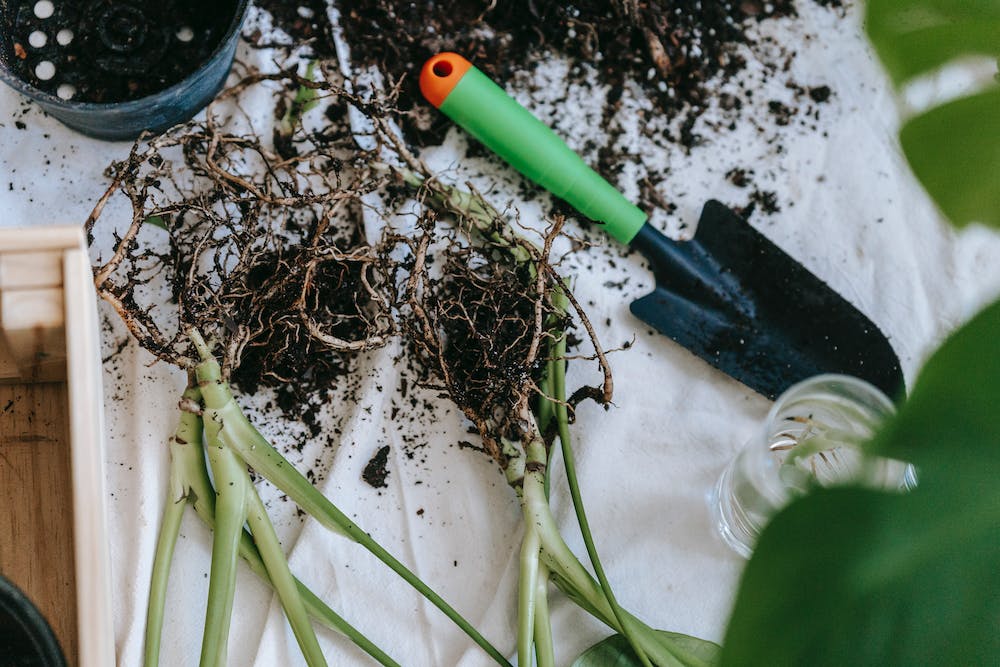Water damage can be a nightmare for homeowners. It can ruin your furniture, your floors, your walls, and even your health. Fortunately, there are some simple steps you can take to prevent water damage from happening in your home. Here are 5 tips for keeping your home safe from water damage.
 1. Check your pipes regularly. Leaky pipes are one of the most common causes of water damage. They can drip water into your walls, ceilings, floors, and cabinets, causing mold and rot. To avoid this, inspect your pipes at least once a year for signs of corrosion, cracks, or leaks. If you find any problems, fix them as soon as possible or hire a plumber to do it for you.
1. Check your pipes regularly. Leaky pipes are one of the most common causes of water damage. They can drip water into your walls, ceilings, floors, and cabinets, causing mold and rot. To avoid this, inspect your pipes at least once a year for signs of corrosion, cracks, or leaks. If you find any problems, fix them as soon as possible or hire a plumber to do it for you.
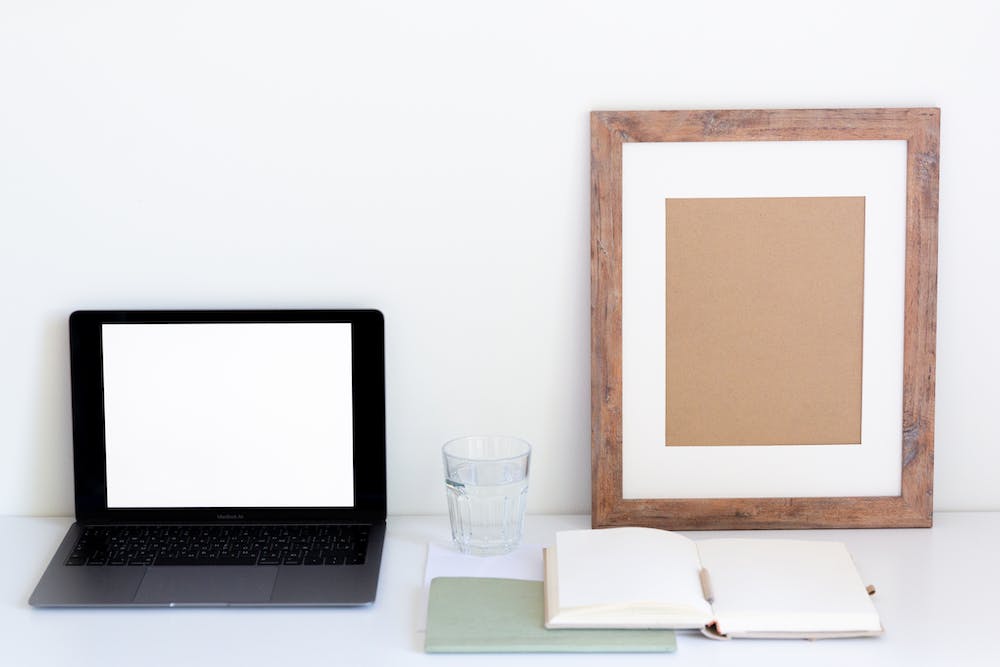 2. Clean your gutters and downspouts. Clogged gutters and downspouts can cause water to overflow and pool around your foundation, which can lead to basement flooding and structural damage. To prevent this, clean your gutters and downspouts at least twice a year, especially after heavy rain or snow. Remove any leaves, twigs, or debris that might block the water flow. You can also install gutter guards or screens to keep them clear.
2. Clean your gutters and downspouts. Clogged gutters and downspouts can cause water to overflow and pool around your foundation, which can lead to basement flooding and structural damage. To prevent this, clean your gutters and downspouts at least twice a year, especially after heavy rain or snow. Remove any leaves, twigs, or debris that might block the water flow. You can also install gutter guards or screens to keep them clear.
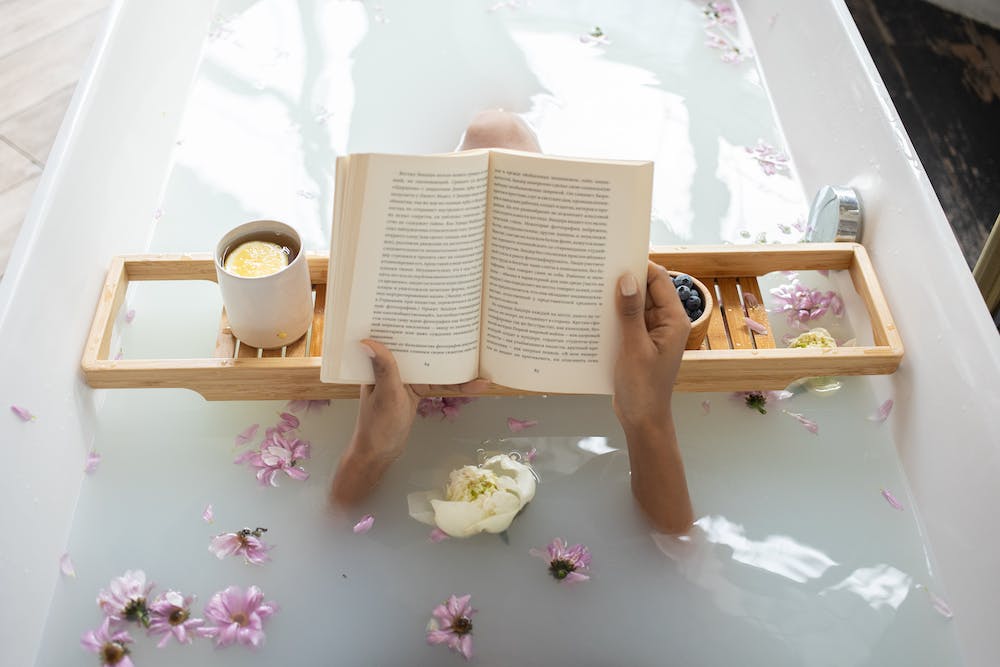 3. Install a sump pump. A sump pump is a device that pumps water out of your basement or crawl space if it gets flooded. It can save you from a lot of hassle and damage if you live in an area prone to flooding or have a high water table. To install a sump pump, you need to dig a hole in the lowest part of your basement or crawl space and place the pump inside. Then you need to connect it to a drain pipe that leads outside your home. You also need to plug it into a power source and test it regularly.
3. Install a sump pump. A sump pump is a device that pumps water out of your basement or crawl space if it gets flooded. It can save you from a lot of hassle and damage if you live in an area prone to flooding or have a high water table. To install a sump pump, you need to dig a hole in the lowest part of your basement or crawl space and place the pump inside. Then you need to connect it to a drain pipe that leads outside your home. You also need to plug it into a power source and test it regularly.
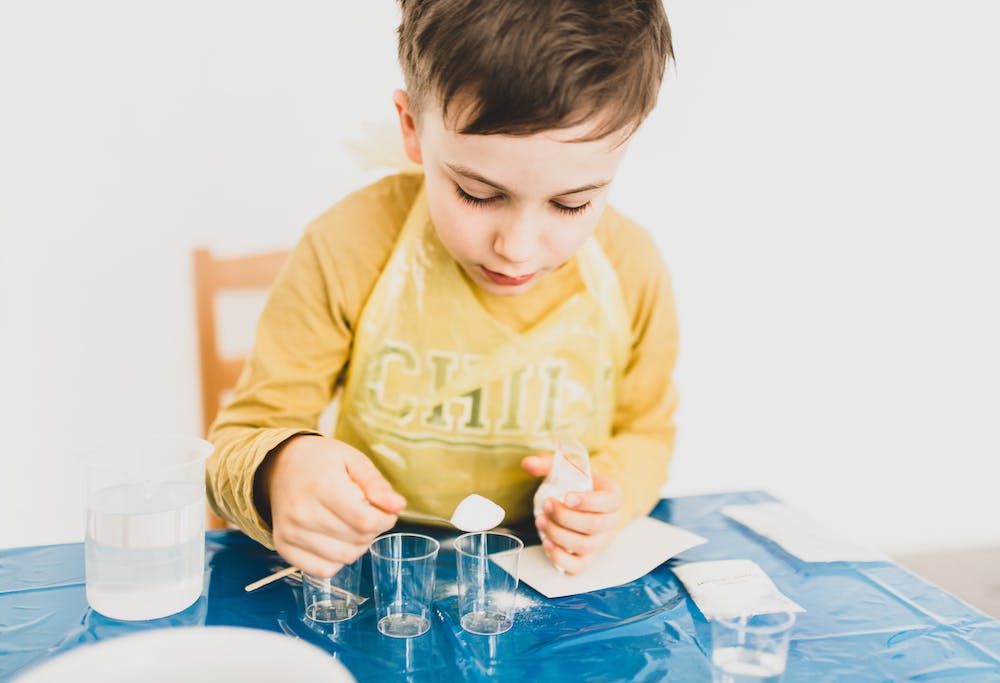 4. Seal any cracks or gaps in your walls or foundation. Cracks or gaps in your walls or foundation can allow water to seep into your home and cause damage. This can happen due to soil erosion, temperature changes, or poor construction. To seal any cracks or gaps, you need to use a waterproof caulk or sealant that is suitable for the material of your walls or foundation. You can also apply a waterproof coating or membrane to protect them from moisture.
4. Seal any cracks or gaps in your walls or foundation. Cracks or gaps in your walls or foundation can allow water to seep into your home and cause damage. This can happen due to soil erosion, temperature changes, or poor construction. To seal any cracks or gaps, you need to use a waterproof caulk or sealant that is suitable for the material of your walls or foundation. You can also apply a waterproof coating or membrane to protect them from moisture.
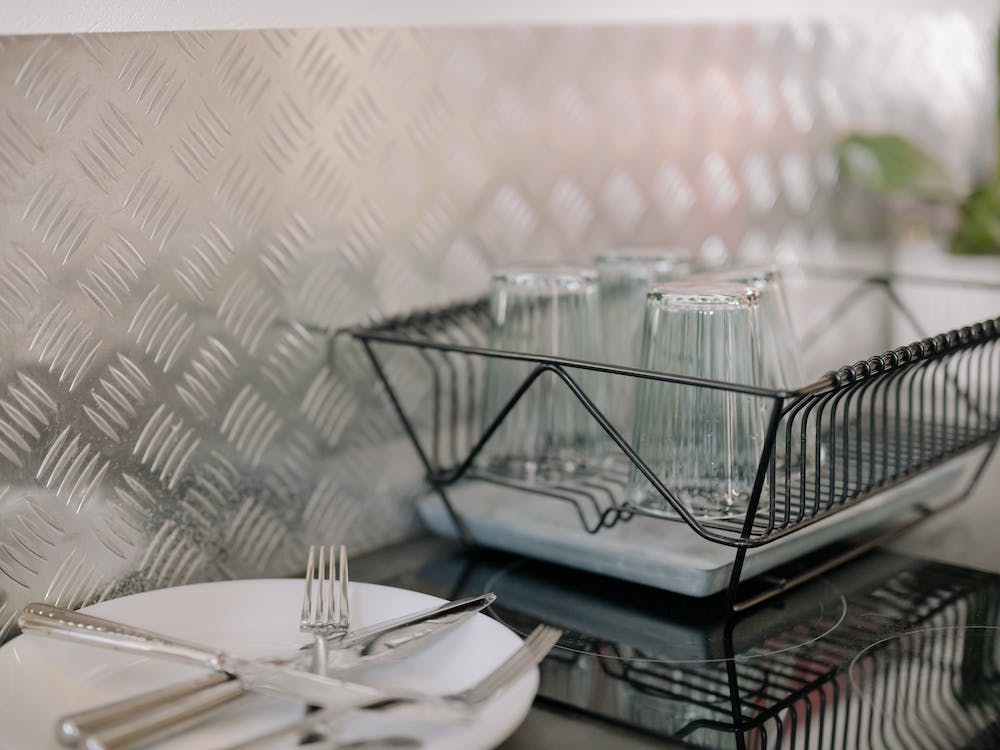 5. Monitor your water usage and bill. A sudden spike in your water usage or bill can indicate a hidden leak somewhere in your home. This can waste water and money and cause damage over time. To monitor your water usage and bill, you need to check your water meter regularly and compare it with your previous readings. You can also look for signs of leaks such as damp spots, moldy smells, or sounds of dripping water. If you suspect a leak, contact a plumber immediately.
5. Monitor your water usage and bill. A sudden spike in your water usage or bill can indicate a hidden leak somewhere in your home. This can waste water and money and cause damage over time. To monitor your water usage and bill, you need to check your water meter regularly and compare it with your previous readings. You can also look for signs of leaks such as damp spots, moldy smells, or sounds of dripping water. If you suspect a leak, contact a plumber immediately.
